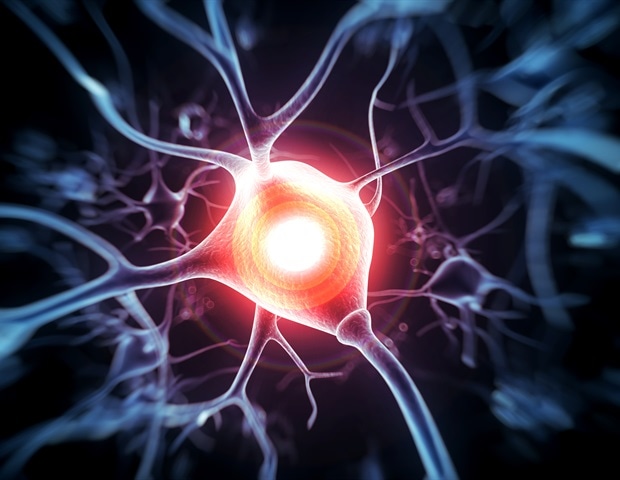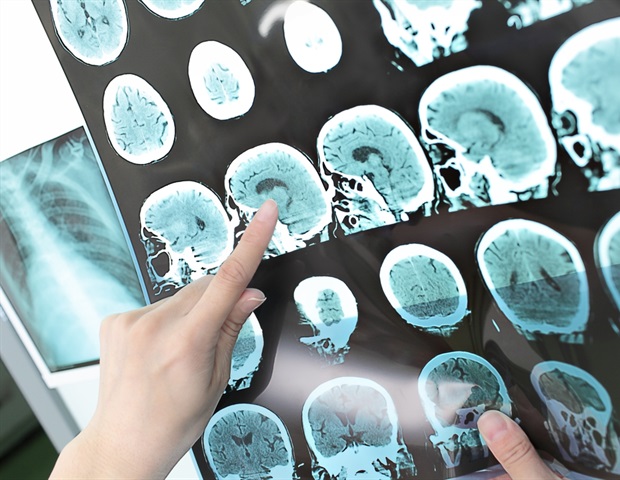
A perplexing problem for people with recurring urinary tract infections (UTIs) is persistent pain, even after antibiotics have successfully cleared the bacteria.
Now Duke Health researchers have identified the likely cause – an overgrowth of nerve cells in the bladder.
The finding, appearing March 1 in the journal Science Immunology, provides a potential new approach to managing symptoms of recurring UTIs that would more effectively target the problem and reduce unnecessary antibiotic usage.
“Urinary tract infections account for almost 25% of infections in women,” said senior author Soman Abraham, Ph.D., professor in the departments of Pathology, Molecular Genetics and Microbiology, Integrative Immunobiology, and Cell Biology at Duke University School of Medicine.
“Many are recurrent UTIs, with patients frequently complaining of chronic pelvic pain and urinary frequency, even after a round of antibiotics,” Abraham said. “Our study, for the first time, describes an underlying cause and identifies a potential new treatment strategy.”
Abraham and colleagues collected bladder biopsies from recurrent UTI patients who were experiencing pain despite no culturable bacteria in their urine. Using biopsies from people without UTIs as a comparison, they found evidence that sensory nerves were highly activated in the UTI patients, explaining the persistent sense of pain and urinary frequency.
Further studies in mice revealed the underlying events, with unique conditions in the bladder that prompt activated nerves in the lining to bloom and grow with each infection.
“Typically, during every bout of UTI, epithelial cells laden with bacteria are sloughed off, and significant destruction of nearby nerve tissue occurs,” said Byron Hayes, lead author of the study and previously a postdoctoral fellow in Duke’s Department of Pathology. “These events trigger a rapid repair program in the damaged bladder involving massive regrowth of destroyed nerve cells.”
This immune response, including repair activities, is led by mast cells – which are immune cells that fight infection and allergens. Mast cells release chemicals called nerve growth factor, which drive overgrowth and increase sensitivity of nerves. The result is pain and urgency.
The researchers were able to address these symptoms by treating study mice with molecules that suppress production of the mast-cell generated nerve growth factor.
This work helps illuminate a puzzling clinical condition that drives medical costs and affects the quality of life of millions of people, primarily women,” Abraham said. “Understanding the crosstalk between mast cells and nerves is an essential step toward effective treatments for people suffering repeat urinary tract infections.”
Soman Abraham, Ph.D., Senior Author
In addition to Abraham and Hayes, study authors include Hae Woong Choi, Abhay PS Rathore, Chunjing Bao, Jianling Shi, Yul Huh, Michael W Kim, Andrea Mencarelli, Pradeep Bist, Lai Guan Ng, Changming Shi, Joo Hwan Nho, Aram Kim, Hana Yoon, Donghoon Lim, Johanna L Hannan, J Todd Purves, Francis M Hughes Jr, and Ru-Rong Ji.
The study received funding support from the National Institutes of Health (K12-DK100024, R01-DK121969, R01-DK121032, R01-GM144606), the National Research Foundation of Korea (2020R1C1C1003257), and a Korea University grant.
Source:
Duke University Medical Center

_6e98296023b34dfabc133638c1ef5d32-620x480.jpg)














